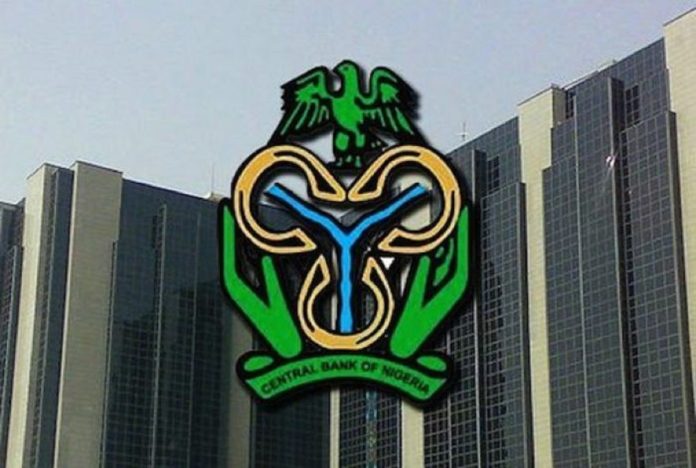Lawyer to Bolatito Oduala and 18 other #EndSARS protesters, Femi Falana, SAN, told the Federal High Court, Abuja, that the Central Bank of Nigeria (CBN) allegedly ordered the freezing of bank accounts associated with some promoters of the #EndSARS protests two weeks before obtaining a court order.
Falana told Justice Ahmed Mohammed, on Wednesday, while arguing a motion he filed for his clients, in which he prayed the court to vacate the order ex-pare granted on Nov. 4, freezing the accounts of 20 alleged #EndSARS promoters.
“We made a serious allegation that the order was obtained on Nov. 4 to cover up the resort to self help by the plaintiff by freezing our clients’ accounts from Oct. 15, two weeks before the order,” Falana said.
He stated that although the CBN Governor, Godwin Emefiele, attempted to deny the allegation, he had filed documentary evidence of printouts of text message exchanges between his clients and their banks.
“It is a very serious allegation. If your lordship knew that they had frozen the accounts before approaching the court, your lordship would not have exercised discretion in their favour.
“We pray the court to vacate the order ex-parte so that the defendant, who have committed no offence whatsoever to have their rights restored.
“There is no indication that any of the defendants engaged in the commission of any offence.
“There is no scintilla of evidence presented before this court by the plaintiff to the effect that criminal offence is being investigated against the defendants,” Falana added.
The lawyer faulted the CBN governor’s reliance on the Terrorism Act to obtain the order, arguing that “under Section 40 of the Act, the CBN is not a prosecuting agency.
“All the agencies that can invoke the law are listed.”
He argued that that the CBN was merely labelling every Nigerian a terrorist if one decided to protest.
“Peaceful demonstrators are now labelled terrorists,” he said.
Falana argued that act of peaceful protest and demonstration could not be considered as terrorist acts under the law, noting that Section 1(3) of Terrorism Prevention Act had excluded demonstration or stoppage of work from terrorist acts, within the definition of terrorism.
“Unless it can be shown to court that the protesters engaged in destruction of property, killings, etcetera, but there is no evidence adduced by the plaintiff that the defendants breached or committed the acts set out in the Terrorism Act,” he argued.
Falana also faulted the procedure adopted by the CBN Governor in obtaining the order, arguing that under Order 26 of the Federal High Court’s Rules, it was wrong for the plaintiff to have just filed an ex-parte motion without accompanying it with either a motion on notice or originating summons, to enable the defendants respond.
“Section 60 of Bank and other Financial Institution Act (BOFIA) that allows the plaintiff to approach the court ought to be read with Section 36 of the Constitution that talks about fair hearing.
“No party in Nigeria is allowed to approach the court on ex-parte order and that ends the case,” he said, adding that no ex-parte order, under the court’s rules lasts more than seven days, unless if renewed, which the plaintiff had not applied for.
Falana prayed the court to vacate the order made on Nov. 4 against his clients.Responding, lawyer to the CBN governor, Michael Aondoakaa, SAN, urged the court to reject Falana’s request.
Aondoakaa. said his client acted within the law by filing an ex-parte application as required under Section 60 of BOFIA.
He argued that since the law has provided that the CBN could apply for an order ex-parte upon suspicion that any bank account was being used for illegal purpose, it was wrong for Falana to expect his client to act otherwise.
Aondoakaa contended that the rule of the court which Falana relied on could not be elevated above the provision of a law made by the National Assembly.
He faulted the competence of some of the processes filed by the defendants, noting that they contained conflicting facts and evidence.
He identified some errors in dates, and urged the court to discountenance the documents.
Justice Mohammed, after taking some arguments from parties, noted that the time had far spent.
He adjourned further proceeding on the matter until Dec. 10.
(NAN)

Call:
Sandra - 07069148333
Pauline - 08174374150
Scholastica - 09060678434













